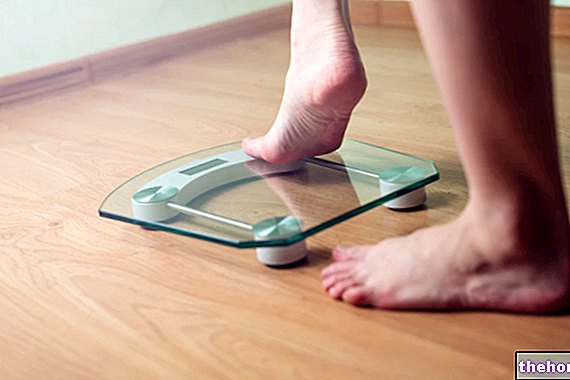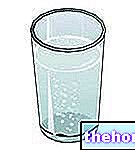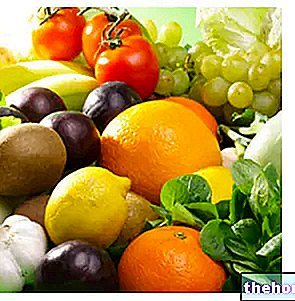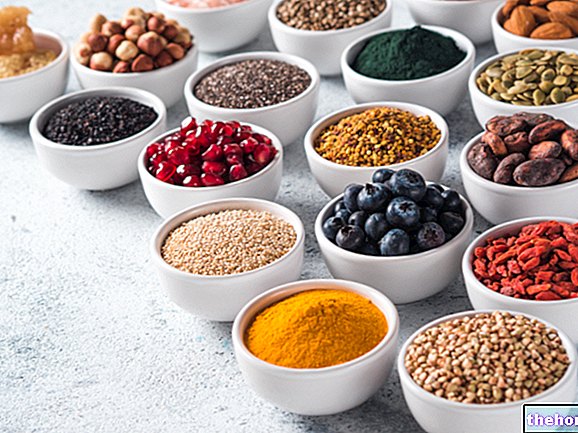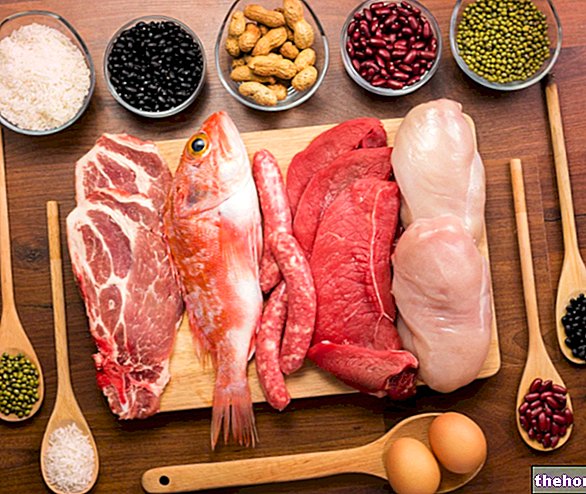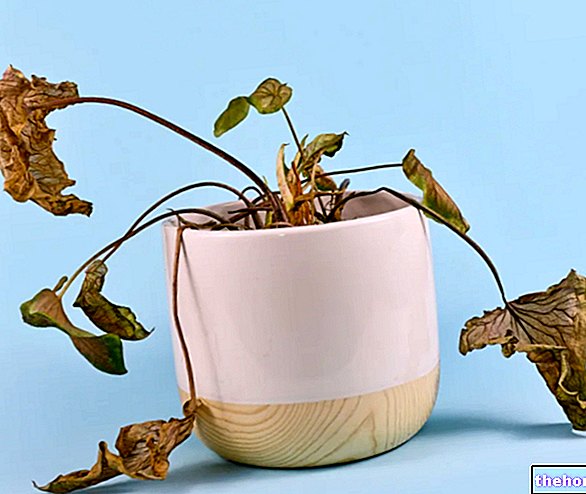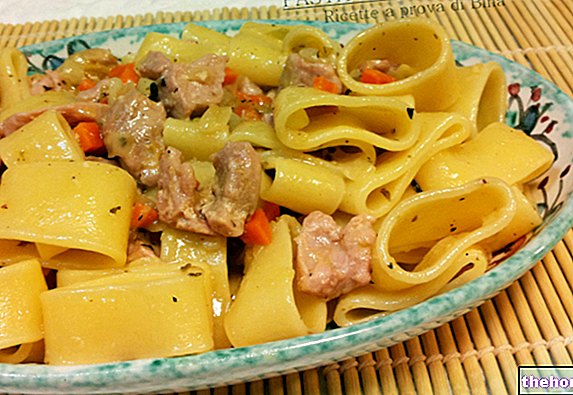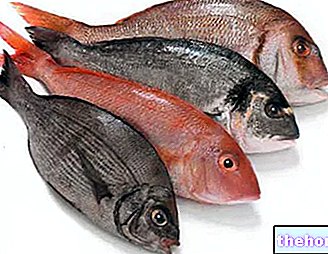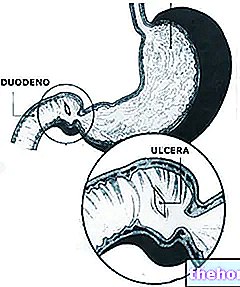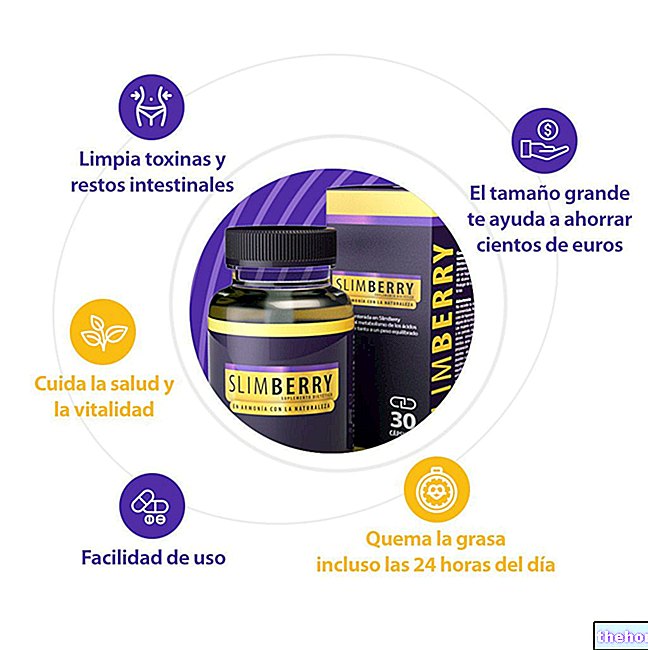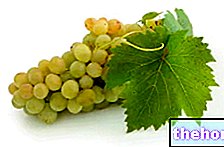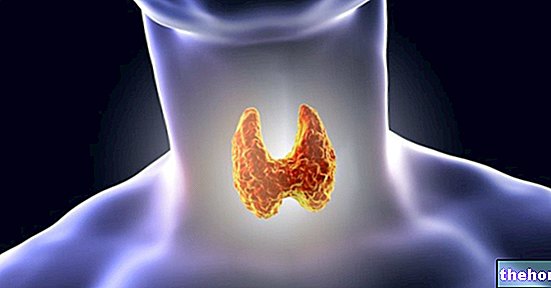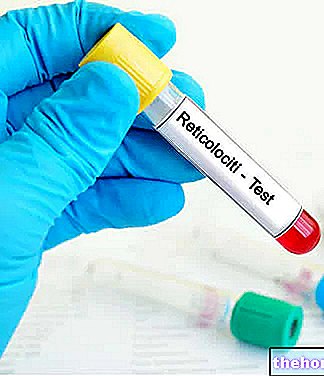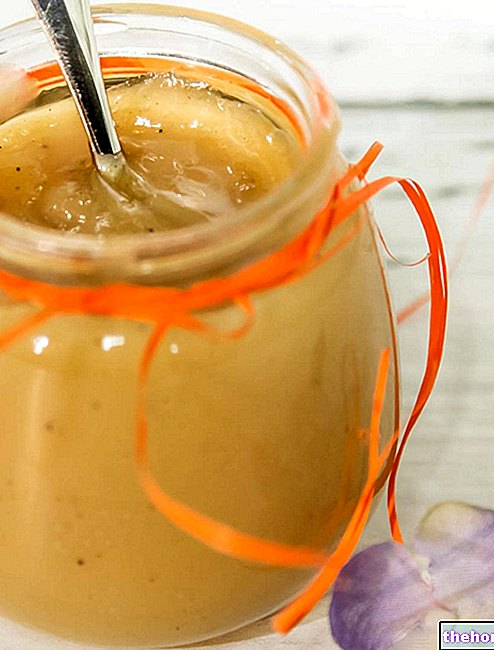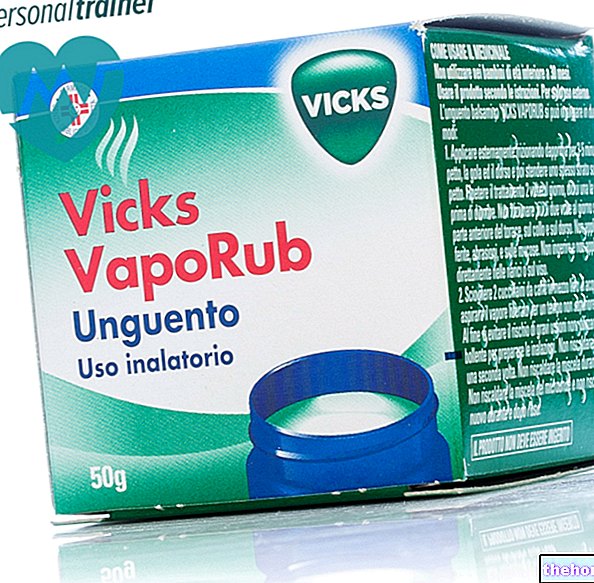Cramps most commonly occur in the thigh, calf, and foot. These contractions are transient and generally last a few minutes. They occur mostly during the night and cause frequent awakenings, disturbing sleep.
, running or walking, but also the low level of afflusion in the blood causes these muscle contractions.They can occur in physically trained subjects who sweat profusely and do not replenish mineral salts. This causes, in fact, an imbalance between hydration and electrolyte concentration. Similarly, people suffering from hyperhidrosis can also suffer from cramps in the lower limbs. If cramps occur frequently, they may be due, in particular, to a deficiency or imbalance of sodium, potassium, magnesium, calcium and vitamin D.
Cramps are also a symptom of circulatory problems, more or less serious, which obstruct the normal blood flow of the body (eg peripheral atherosclerosis, venous thrombosis, varicose veins and phlebitis).
rich in nutrients is essential to counteract annoying and painful contractions. Foods rich in vitamins and minerals such as potassium, calcium and magnesium prevent muscle cramps, as they act as electrolytes. This ensures proper muscle functioning and maintains muscle health.The diet must never lack these seven foods that can provide a considerable amount of minerals useful to combat the occurrence of cramps:
- Bananas
- Avocado
- Sweet potatoes
- Watermelon
- Milk
- Legumes
- Papaya
Bananas
Bananas are rich in minerals such as calcium, potassium and magnesium which help maintain the electrolyte balance essential to prevent muscle cramps. Potassium is considered the most important mineral, and banana is considered a real "mine" of For this reason it is often recommended in the diet of those who sweat a lot - such as sportsmen, since potassium and sodium are the two minerals most lost with sweating - and for hypertensive people - potassium has hypotensive properties.
Avocado
Potassium, magnesium, zinc, manganese and phosphorus are present in abundant quantities in avocado. The level of vitamin B5 (pantothenic acid), vitamin B6 (pyridoxine), folate, vitamin K, vitamin E (alpha tocopherol) and vitamin C (ascorbic acid) Potassium and magnesium act as electrolytes, preventing muscle cramps.
Sweet potatoes
Sweet potatoes are rich in beneficial substances for our body and boast numerous properties. The presence of fibers means that the yam (another name by which it is known) is useful in the presence of various conditions. The presence of vitamins A, B6 and C should also be considered, as well as mineral salts such as magnesium, potassium, calcium, manganese and phosphorus. Sweet potatoes are antioxidants, have a lower glycemic index than common potatoes and are therefore also indicated in the diet of diabetics. The peel also helps in the reduction of cholesterol and triglycerides.
Watermelon
Being rich in potassium, watermelon is recommended for people who complain of muscle cramps, but also summer disorders related to altered osmotic pressure, water retention, neuromuscular excitability and slight alterations in the rhythm of the heart.
Milk
Milk is a product that boasts a good source of high biological value proteins, specific vitamins and minerals.
As regards the vitamin profile, milk is particularly rich in riboflavin (vitamin B2) and, especially the whole one, in vitamin A (retinol and equivalents); there is no shortage of interesting levels of many other components of group B. Regarding the mineral salts, considerable quantities of calcium and phosphorus are appreciated; the various microelements (zinc, selenium, etc.) should not be ignored.
Legumes
The legumes to be consumed to counter the onset of muscle cramps are mainly peas and dried beans. They contain iron, phosphorus, calcium, potassium, vitamin A, vitamin B1, vitamin C, vitamin PP. Dried peas mainly contain iron, magnesium and zinc.
Papaya
Papaya is a fruit with very interesting nutritional values. In addition to being very rich in water, it contains vitamin A, folic acid (vitamin B9), vitamin E, vitamin K and above all vitamin C. Among the mineral salts, potassium, calcium, phosphorus and magnesium stand out, precious for counteracting the onset of muscle tension and cramps.
For abdominal cramps, there are breathing exercises for abdominal cramps.

